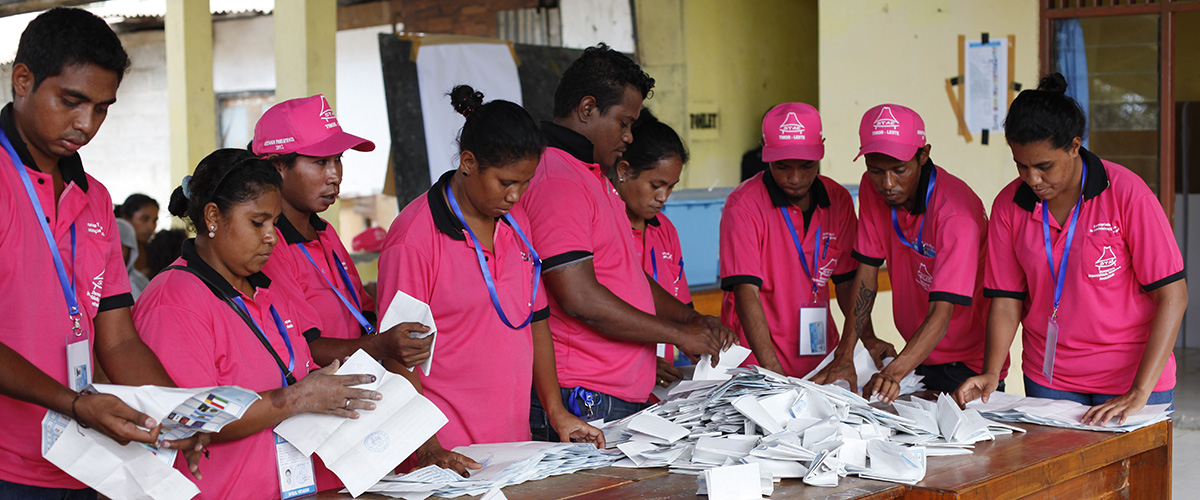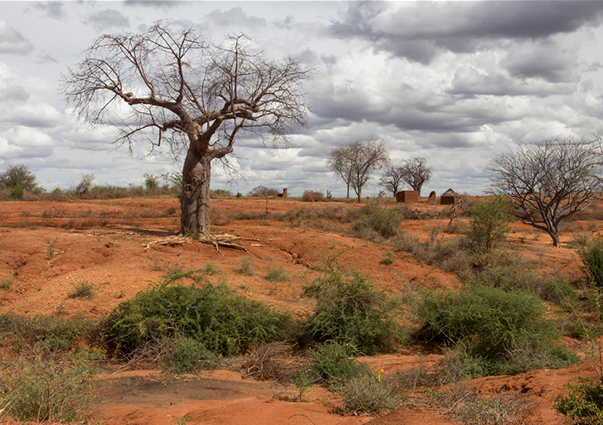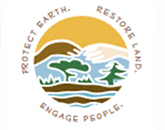
#MicroSmallMediumSizedEnterprisesDay
There are two classes of micro-, small and medium-sized enterprises. These classes include manufacturing enterprises and service enterprises. Businesses are further broken down according to how much money they invest in their manufacturing plant, machinery, and equipment. According to recent estimates, more than 95% of global enterprises are micro-, small and medium-sized. These companies account for 60% of private-sector employment. Additionally, these enterprises make up 50% of GDP.
In 2015, the UN General Assembly developed 17 global goals that they called Sustainable Development Goals. The purpose of the goals is to achieve a better and more sustainable future for all. The UN also hopes to achieve these goals by 2030.
Some of these sustainable goals include:
- No poverty
- Good health and well-being
- Quality education
- Gender equality
- Clean water and sanitation
- Decent work and economic growth
- Industry, innovation and infrastructure
- Sustainable cities and communities
- Responsible consumption and production
The UN believes micro-, small and medium-sized enterprises help to sustain growth for long-term development in developing countries. As this growth becomes stronger, enterprises of all sizes will begin to play a key role in industrial development. Micro-, small and medium-sized enterprises will do this by increasing local demand for services. These types of enterprises will also be responsible for significant employment opportunities and income generation.
MICRO, SMALL AND MEDIUM-SIZED ENTERPRISES DAY HISTORY
On April 6, 2017, the UN General Assembly adopted a resolution to designate June 27th as Micro-, Small and Medium-sized Enterprises Day. The resolution was co-sponsored by 54 member states, representing over 5 billion people. The UN has appointed the International Trade Centre as the leading agency for this observance.
 Least developed countries need digital investment
Least developed countries need digital investment essential job. On this International Day of Democracy, let us rededicate ourselves to democracy and dignity for all. » — UN Secretary-General, Ban Ki-moon
essential job. On this International Day of Democracy, let us rededicate ourselves to democracy and dignity for all. » — UN Secretary-General, Ban Ki-moon world leaders made land degradation neutrality one of the targets of the Sustainable Development Goals. » UN Secretary-General Ban Ki-moon
world leaders made land degradation neutrality one of the targets of the Sustainable Development Goals. » UN Secretary-General Ban Ki-moon